We’re excited to talk about how antioxidants help protect our liver. The liver is a key organ that does many important jobs. It faces threats from free radicals and oxidative stress. But, nature gives us antioxidants to fight these dangers and keep our liver healthy.
We’ll look at how the liver, oxidative stress, and antioxidants are connected. We’ll learn about the liver’s functions and how free radicals affect it. We’ll see how antioxidants help keep the liver safe.
Let’s explore how antioxidants protect the liver from oxidative stress. We’ll learn about how antioxidants work and the different types. This knowledge will help us make choices that keep our liver and overall health in top shape.
Understanding Liver Function and Oxidative Stress
The liver cleans our body. It breaks down toxins and drugs. But, it also makes free radicals in the process.
Oxidative stress happens when the liver can’t balance its work. This imbalance causes harm and can lead to liver diseases.
Basic Liver Functions and Metabolism
The liver is key to our health. It handles detoxification and keeps blood sugar levels right. It also breaks down substances, making ROS and free radicals.
Learn more about liver metabolism and its role in our health.
How Oxidative Stress Affects Liver Health
Oxidative stress happens when the liver can’t handle ROS and free radicals. This imbalance causes damage and inflammation. It can lead to liver diseases.
Drinking too much alcohol, using drugs, and exposure to toxins can increase oxidative stress.
Free Radical Formation in the Liver
Free radicals come from inside our cells or from outside. The liver’s mitochondria and NADPH oxidases make these radicals. If not controlled, they start harmful reactions.
Knowing how the liver works is key. It helps us see why antioxidants are important. They keep the liver healthy and prevent diseases.
Common Causes of Liver Oxidative Damage
The liver is key for many important functions. It stores vitamins and breaks down toxins. But, it can get damaged by alcohol abuse, viruses, toxins, and being overweight.
Drinking too much alcohol harms the liver a lot in Europe and America. It makes the liver make too many harmful substances. This can cause cirrhosis.
Viruses like hepatitis B and C also hurt the liver. They damage liver cells and mess up the body’s defenses. This leads to more damage.
Toxins from the environment, like heavy metals and pesticides, can harm the liver too. This is more common in places with lots of pollution.
Being overweight also hurts the liver. Too much fat can cause fatty liver disease. This makes the liver make more harmful substances and can’t fight them off.
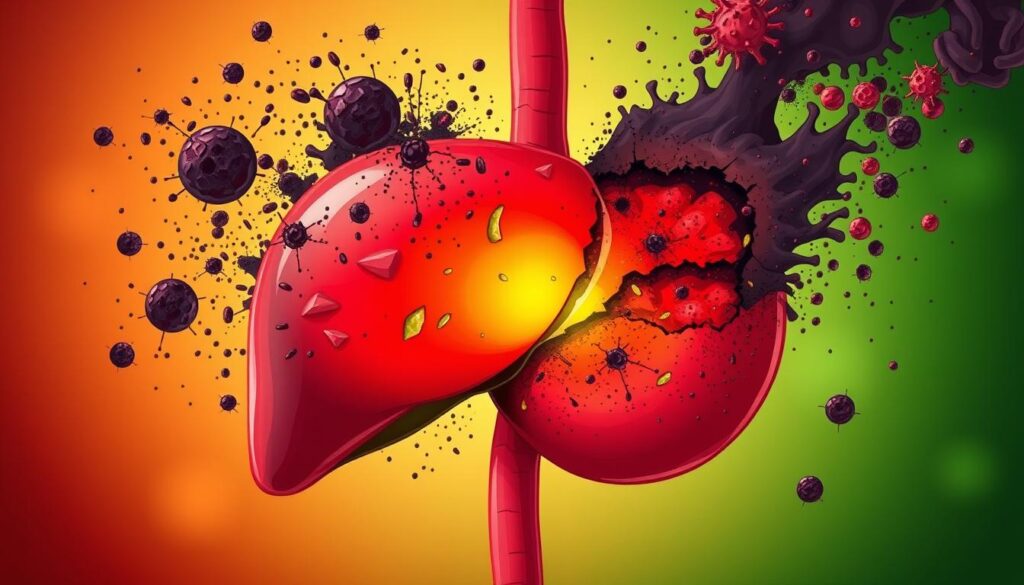
These problems can cause oxidative stress. This stress can lead to liver diseases like cirrhosis. Cirrhosis is when the liver gets scarred and can’t work right.
The Role of Antioxidants in Liver Protection
Antioxidants are key to keeping the liver healthy. They fight off free radicals and keep the balance in cells. The body has a special system to fight oxidative stress and protect the liver.
Mechanisms of Antioxidant Action
Antioxidants have different ways to fight free radicals. They can catch these harmful molecules, stop them from forming, or boost the body’s defenses. This keeps liver cells safe and stops damage to important parts of cells.
Types of Antioxidants in the Body
The body uses enzymatic antioxidants and non-enzymatic antioxidants to fight off free radicals. Enzymatic antioxidants, like catalase and superoxide dismutase, break down harmful molecules. Non-enzymatic antioxidants, such as vitamins C and E, directly fight these molecules.
Antioxidant Defense Systems
The Nrf2-Keap1 pathway is a key player in keeping cells balanced. It turns on genes that protect cells from oxidative stress. This pathway helps both types of antioxidants work better, keeping the body’s redox balance in check.
Knowing how antioxidants work helps us see their importance. They protect the liver from oxidative stress and support the body’s defenses.
Natural Sources of Liver-Protective Antioxidants
Eating a balanced diet with polyphenols, flavonoids, and dietary antioxidants helps your liver. These phytochemicals in plants fight free radicals and reduce inflammation. This makes them good for your liver.
Green tea is a great example. It has polyphenols that are good for your liver. Drinking green tea regularly can boost your liver’s antioxidant levels. It also lowers liver enzyme levels in people with NAFLD.
- Fruits and veggies like berries, citrus, and broccoli are full of flavonoids and antioxidants. They fight liver stress.
- Herbs and spices like turmeric, garlic, and ginger have strong phytochemicals. They protect your liver.
- Fatty fish and nuts are also good for your liver. They help it work well.
Eating foods rich in antioxidants every day is good for your liver. These different dietary antioxidants work together. They help protect your liver from damage and keep it healthy.
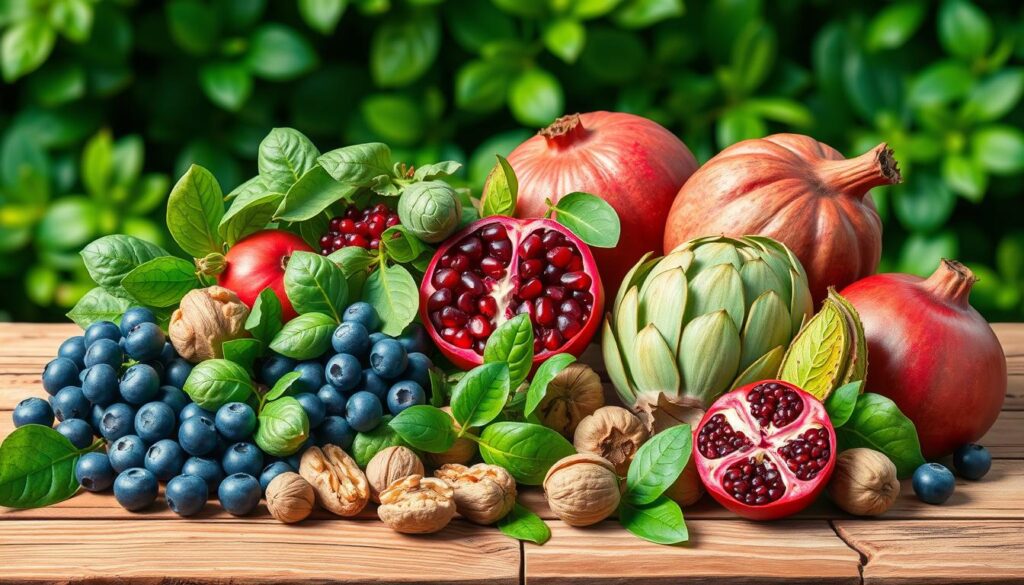
Curcumin: A Powerful Hepatoprotective Agent
Turmeric is a bright yellow spice used in cooking and medicine. It’s famous for curcumin, also known as diferuloylmethane. Curcumin is known for its strong antioxidant, anti-inflammatory, and anti-fibrotic effects. These make it a great protector for the liver.
Benefits of Curcumin for Liver Health
Curcumin helps protect the liver from many diseases. It fights free radicals and reduces oxidative stress, which harm the liver. It also has anti-inflammatory and anti-fibrotic effects. This is good for conditions like non-alcoholic fatty liver disease (NAFLD) and alcoholic liver disease.
Recommended Dosage and Usage
Curcumin is safe for most people, but it’s not easily absorbed by the body. Mixing it with piperine from black pepper helps. For liver health, take 500 to 2,000 milligrams of curcumin daily, in small doses. Always talk to a doctor about how much and for how long to take it.
Research Evidence and Studies
Many studies have looked into curcumin’s benefits for the liver. They show it can fight free radicals, stop lipid peroxidation, and change antioxidant enzyme activity in the liver. It also reduces inflammation, stops fibrosis, and might prevent liver cancer. But, we need more human studies to know the best dose and how well it works for liver problems.
Green Tea and Coffee as Antioxidant Sources
Green tea and coffee are great for your liver. Green tea has catechins and polyphenols that help your liver. These fight oxidative stress, which harms your liver.
Coffee also helps your liver. It has antioxidants like caffeine and polyphenols. These help protect your liver from damage.
Coffee is full of antioxidants. It’s the biggest source of antioxidants in many countries. It makes up about 64% of total antioxidants.
Drinking coffee regularly can lower your risk of many diseases. This includes type 2 diabetes, heart disease, and Alzheimer’s. Coffee’s antioxidants and anti-inflammatory effects help a lot.
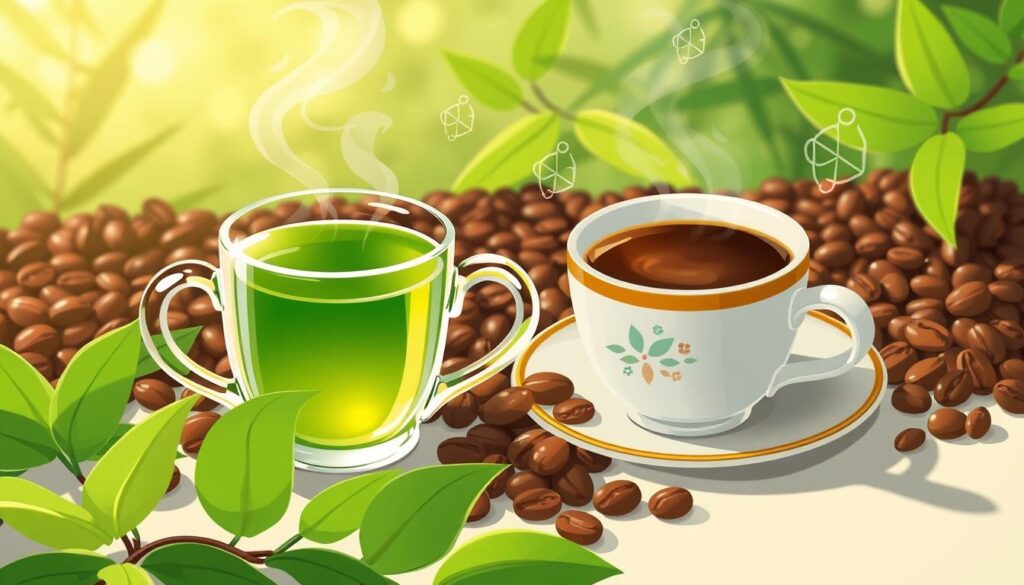
Adding green tea and coffee to your diet can help your liver. Their antioxidants work together to protect your liver. Always talk to a doctor before making big changes to your diet.
Quercetin and Naringenin Benefits for Liver Health
Flavonoids are important for liver health. Quercetin and naringenin are two flavonoids that help protect the liver.
Molecular Mechanisms of Action
Quercetin is found in apples and onions. It fights oxidative stress and inflammation. Naringenin, in citrus fruits, also fights inflammation and helps the liver.
Studies show quercetin and naringenin can help liver diseases. But, we need more human studies to know how they work.
Food Sources and Supplementation
- Quercetin-rich foods include apples, onions, berries, and leafy greens.
- Naringenin is found in citrus fruits, such as grapefruits, oranges, and lemons.
- Supplementation with quercetin and naringenin may provide additional liver-protective benefits, but it is essential to consult with a healthcare professional for proper dosage and safety considerations.
Eating foods rich in flavonoids helps the liver. Also, research on supplements like quercetin and naringenin is ongoing.
Antioxidants in Alcoholic Liver Disease Prevention
Too much alcohol can harm the liver, causing alcoholic liver disease (ALD). But, research shows antioxidants might help stop or lessen alcohol’s damage to the liver.
Drinking too much alcohol makes harmful substances called reactive oxygen species (ROS). These can make ALD worse. Antioxidants, like those in plants, can fight these harmful substances. They can also help control proteins linked to ALD.
- Binge drinking can hurt the liver, raising liver enzyme levels like ALT, AST, and LDH.
- Antioxidant enzymes, like superoxide dismutase (SOD) and catalase, fight ROS in our bodies.
- Boosting these enzymes might be better than just taking vitamins for preventing ALD.
Oxidative stress is a big problem in ALD, causing cell death and affecting fat metabolism. Antioxidants help protect the liver from ethanol-induced liver damage and lipid peroxidation.
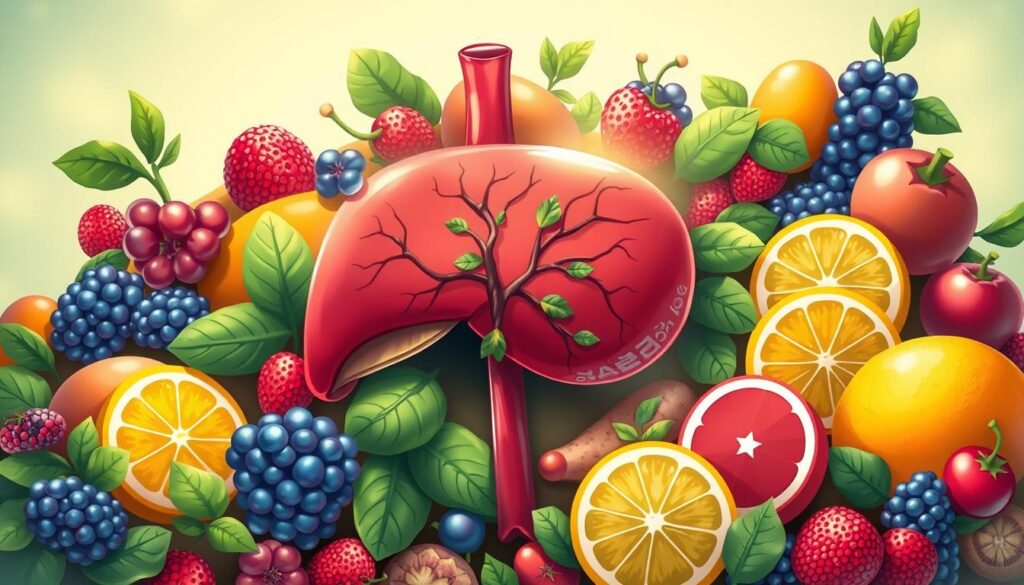
New studies show hepatoprotective plant antioxidants, like those in green tea, might help. They could restore antioxidant levels and reduce oxidation in animals drinking too much ethanol. Using these natural compounds could lead to better ways to prevent and treat ALD.
Role of Antioxidants in NAFLD Treatment
Non-Alcoholic Fatty Liver Disease (NAFLD) is a big health problem. It affects up to 30% of people worldwide. It’s linked to obesity, insulin resistance, and oxidative stress. Researchers are looking at antioxidants as a way to treat NAFLD.
Treatment Strategies
Doctors often suggest lifestyle changes to manage NAFLD. This includes eating better and being more active. But, they’re also searching for medicines that work. Antioxidants might help reduce liver fat and lower oxidative stress.
Clinical Evidence and Research
- Studies on animals show that antioxidants like silymarin and vitamins A, C, and E can protect the liver in NAFLD.
- Human trials suggest that vitamin E might help improve liver health. But, it’s not clear if it works well on its own for NAFLD.
- Research shows that vitamin E can help when used with other treatments. It can work better together to fight liver fibrosis.
NAFLD is becoming more common, so finding good treatments is urgent. Antioxidants might be a key part of managing NAFLD. More research and testing are needed.
Synergistic Effects of Combined Antioxidants
Using different antioxidants together may help protect the liver more. Antioxidant cocktails are being studied for treating liver diseases like hepatitis C. Even though results are mixed, combining antioxidants could be a promising way to improve treatments.
A study looked at three antioxidants: SAMe, vitamin C, and vitamin E. They tested these in rats with liver damage from thioacetamide (TAA). The mix of SAMe, vitamin C, and vitamin E helped a lot. But each one alone didn’t do as much.
The study found that these antioxidants work better together. They help protect the liver from damage and improve insulin sensitivity. The liver’s ability to help with insulin was also better with the mix.
This shows that antioxidant cocktails could be very helpful. They might work better together and make treatments more effective. As liver diseases like NAFLD and ALD become more common, finding new treatments is important.
Modern Research and Future Perspectives
Scientists are still learning about antioxidants and how they help with liver diseases. Animal studies show they can be very helpful. But, we need more research in people to be sure.
Now, researchers want to make antioxidant treatments just for each person. This means treatments that fit each person’s body and genes. It could make treatments work better and protect the liver more.
They also want to find the best amount of antioxidants to take. The goal is to find the right amount that is safe and works well. This will help protect the liver even more.
New kinds of antioxidants are being made too. These are better at getting into the body and working on the liver. This could lead to better treatments for liver diseases like NAFLD and alcoholic liver disease.
The study of liver disease prevention and treatment is getting better. Antioxidants are becoming a big part of treatment plans. With more research and new ideas, we can look forward to better ways to protect the liver and fight liver diseases worldwide.
Conclusion
Antioxidants are key in protecting the liver from damage. Foods like fruits, veggies, and herbs help a lot. But, we need more studies to see how well they work in real life.
Eating right and living healthy is the best way to keep your liver strong. Adding foods full of antioxidants to your diet helps. It also helps your liver fight off harm.
As we learn more about antioxidants and the liver, we must keep up with new findings. This helps doctors and us make better choices. It’s all about keeping our livers healthy for the future.
FAQ
What is the role of antioxidants in liver protection?
Antioxidants are key to keeping the liver healthy. They fight off free radicals and keep the balance in cells. This helps prevent liver diseases.
How does the liver function and what is the impact of oxidative stress?
The liver cleanses the body and keeps things balanced. Oxidative stress can harm it. This can lead to liver damage and diseases.
What are the common causes of liver oxidative damage?
Drinking too much alcohol, viral infections, and pollution can harm the liver. So can drugs and being overweight.
What are the different types of antioxidants and how do they protect the liver?
The body has many antioxidants. They work together to fight free radicals. This keeps the liver’s balance.
What are some natural sources of liver-protective antioxidants?
Foods like green tea, fruits, and veggies have antioxidants. These help protect the liver.
How does curcumin, a compound from turmeric, benefit liver health?
Curcumin is good for the liver. It has antioxidant and anti-inflammatory effects. More studies are needed to confirm its benefits.
What are the liver-protective effects of green tea and coffee?
Green tea and coffee have antioxidants. They may help the liver. More research is needed to know how much to drink.
How do flavonoids like quercetin and naringenin help maintain liver health?
Quercetin and naringenin are in fruits and veggies. They have antioxidant and anti-inflammatory effects. They show promise in fighting liver diseases.
What is the role of antioxidants in treating alcoholic liver disease?
Antioxidants can help with alcohol-related liver damage. They help balance enzymes and reduce stress in the liver.
How can antioxidants help in the treatment of non-alcoholic fatty liver disease (NAFLD)?
Antioxidants may reduce liver damage from fatty diets. They show promise in animal studies with NAFLD.
What are the potential benefits of combining different antioxidants for liver protection?
Mixing antioxidants might offer better protection. More research is needed to confirm this.
What are the current research trends and future perspectives on antioxidant therapies for liver health?
Research is ongoing to find more uses for antioxidants in liver health. Future studies might look at personalized treatments and new compounds.


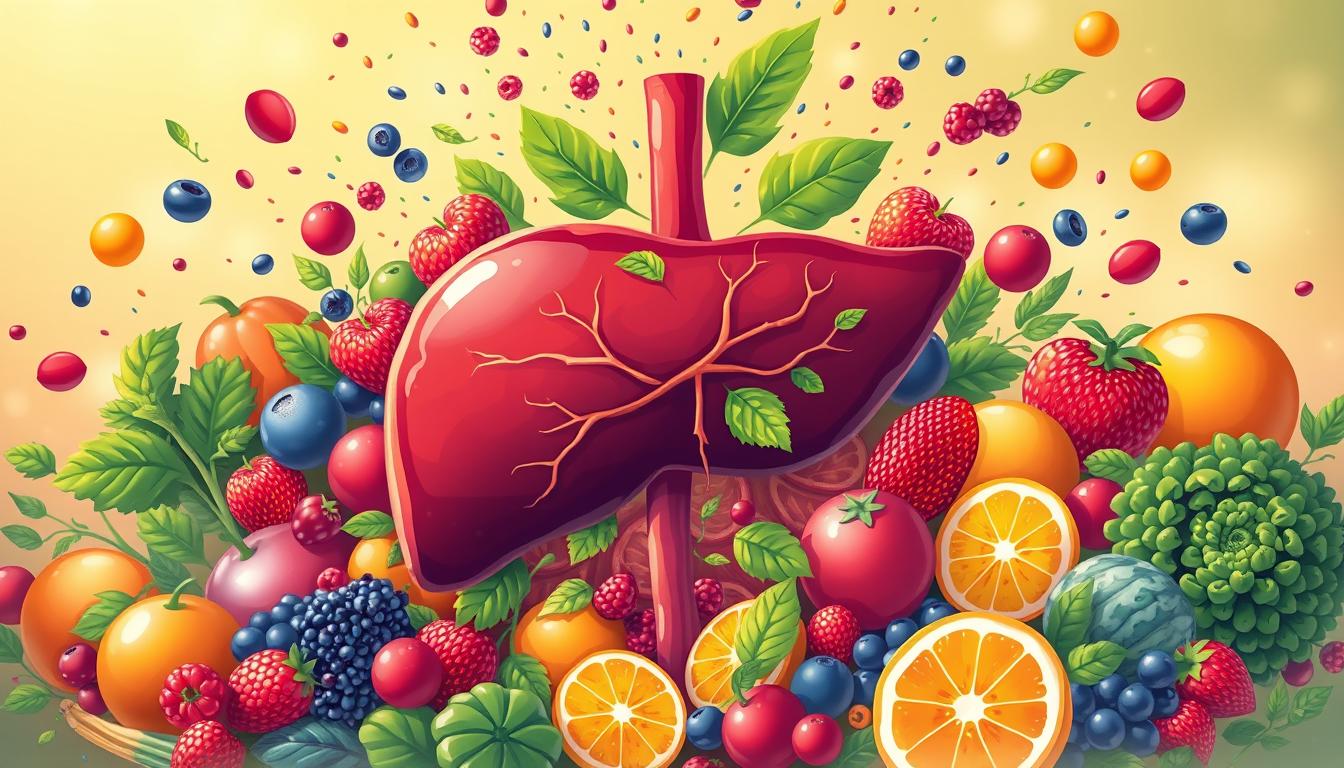




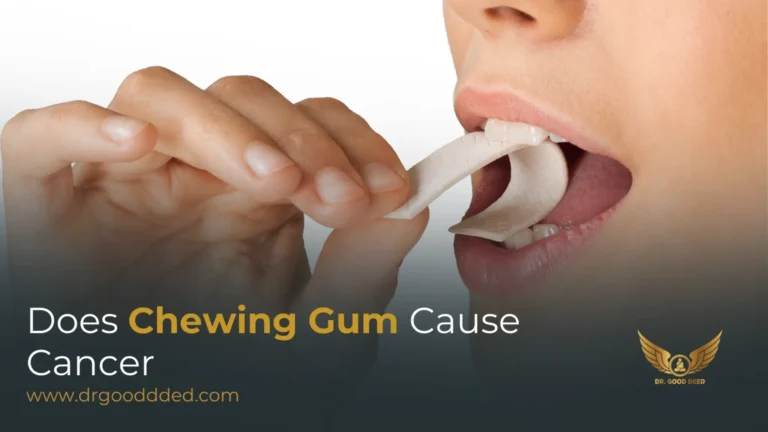
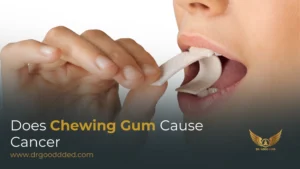
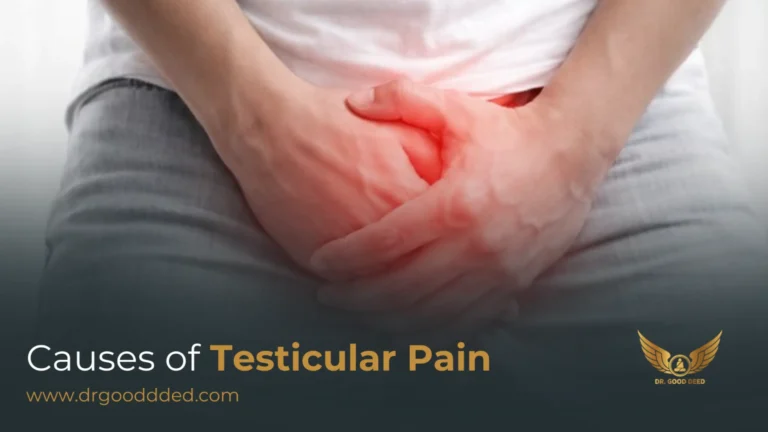



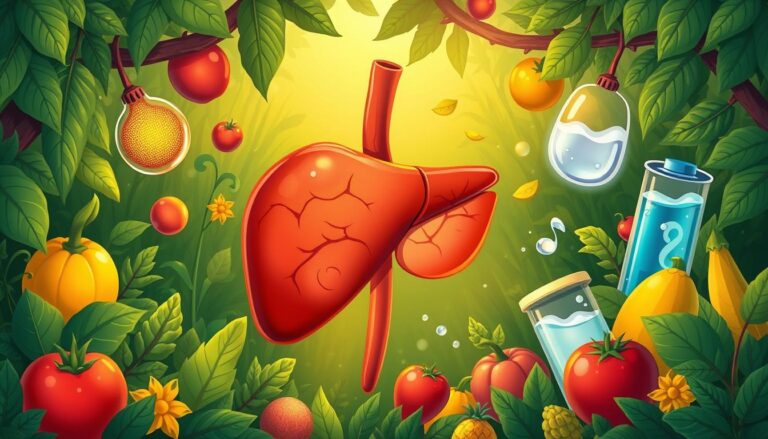
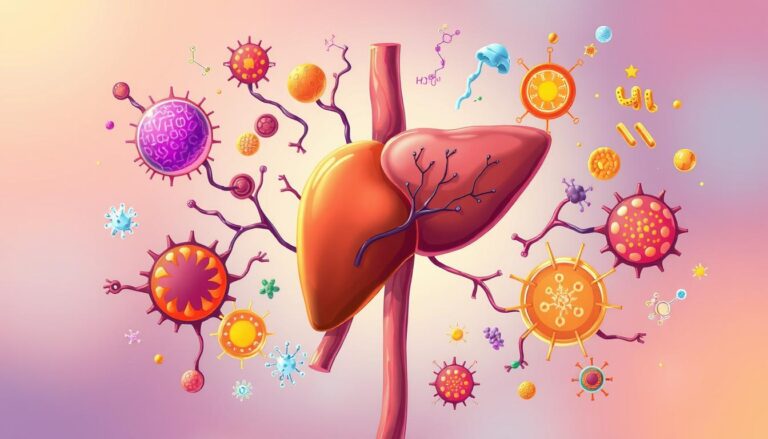

Leave a Comment